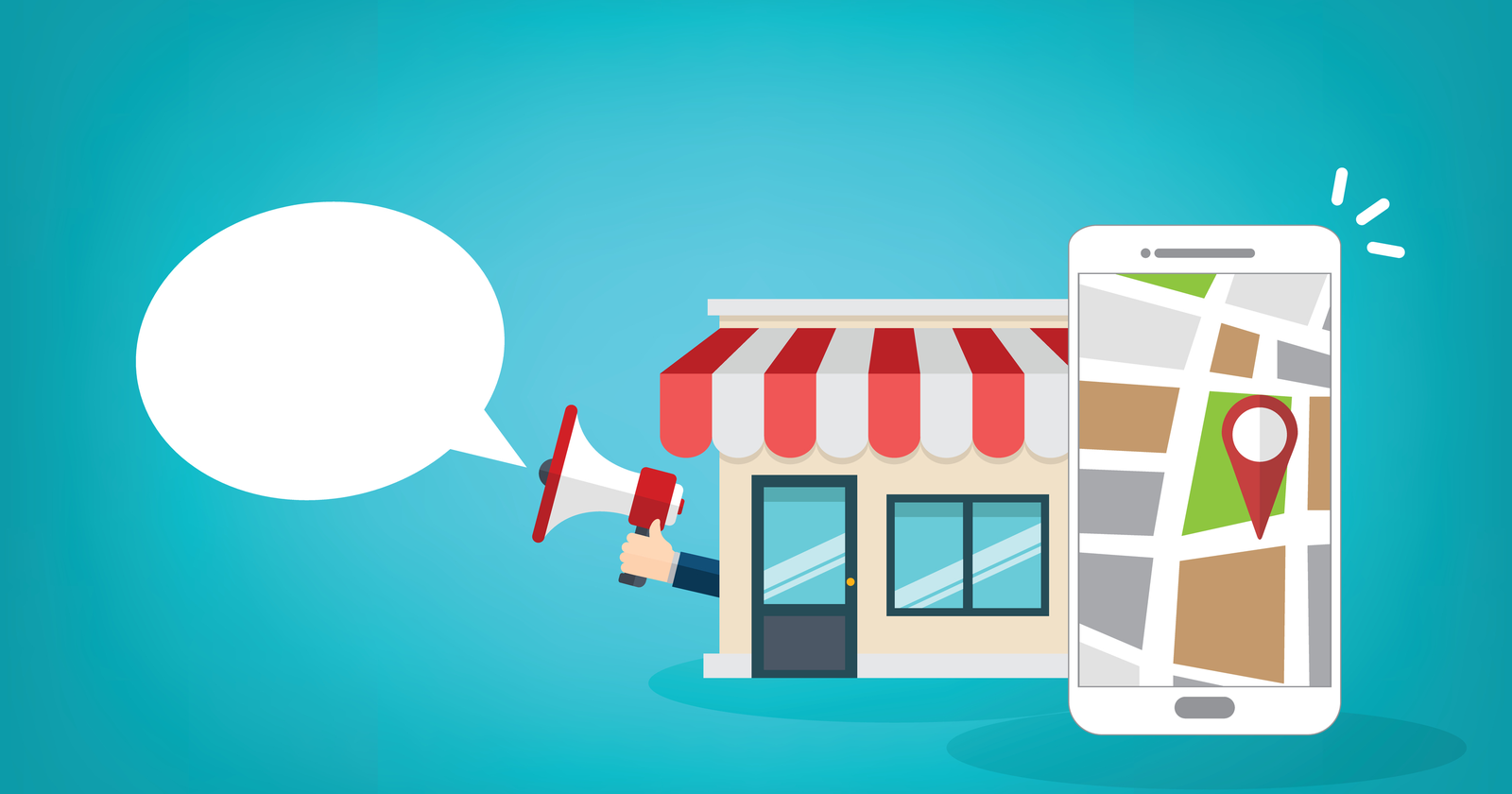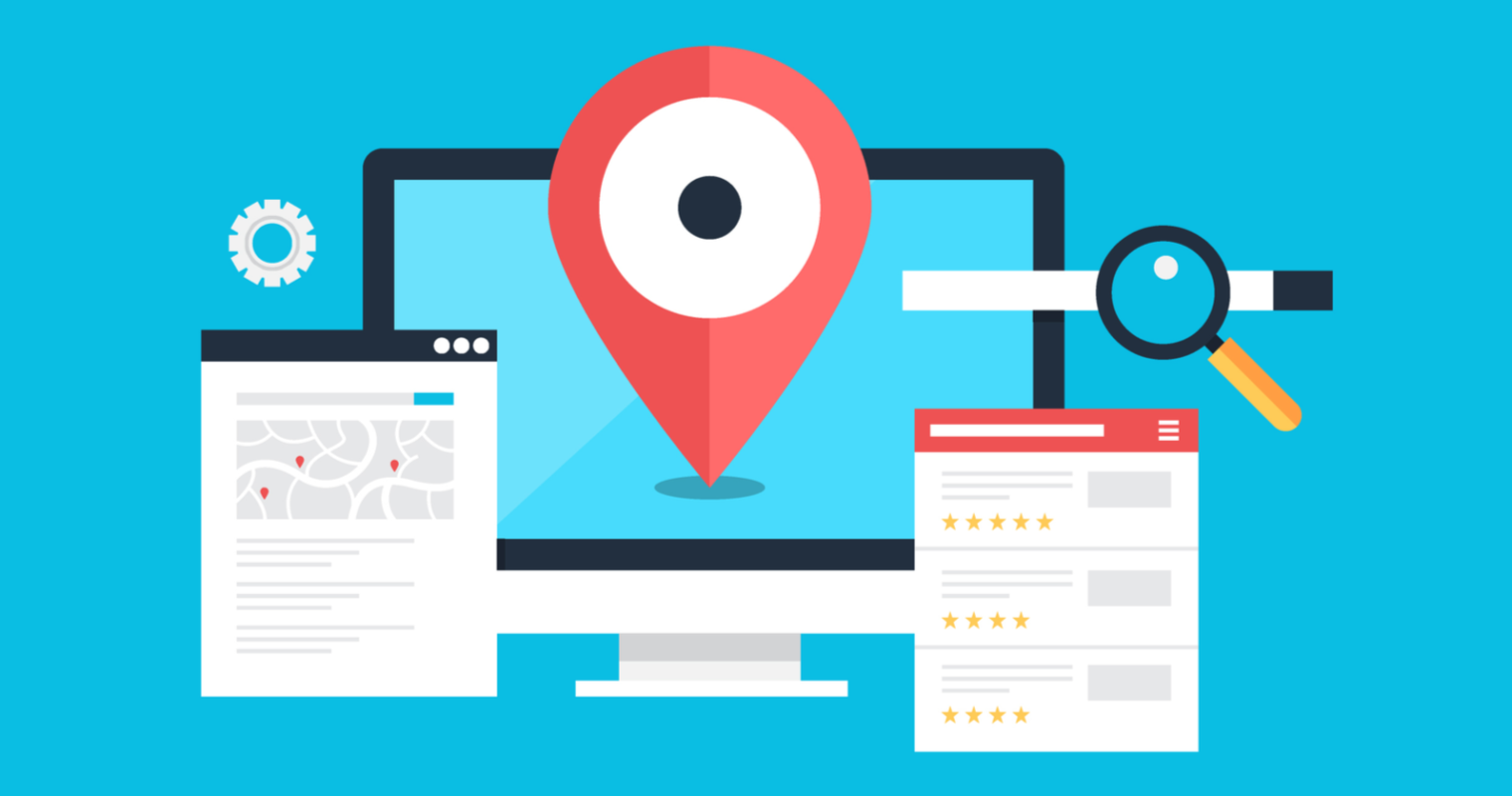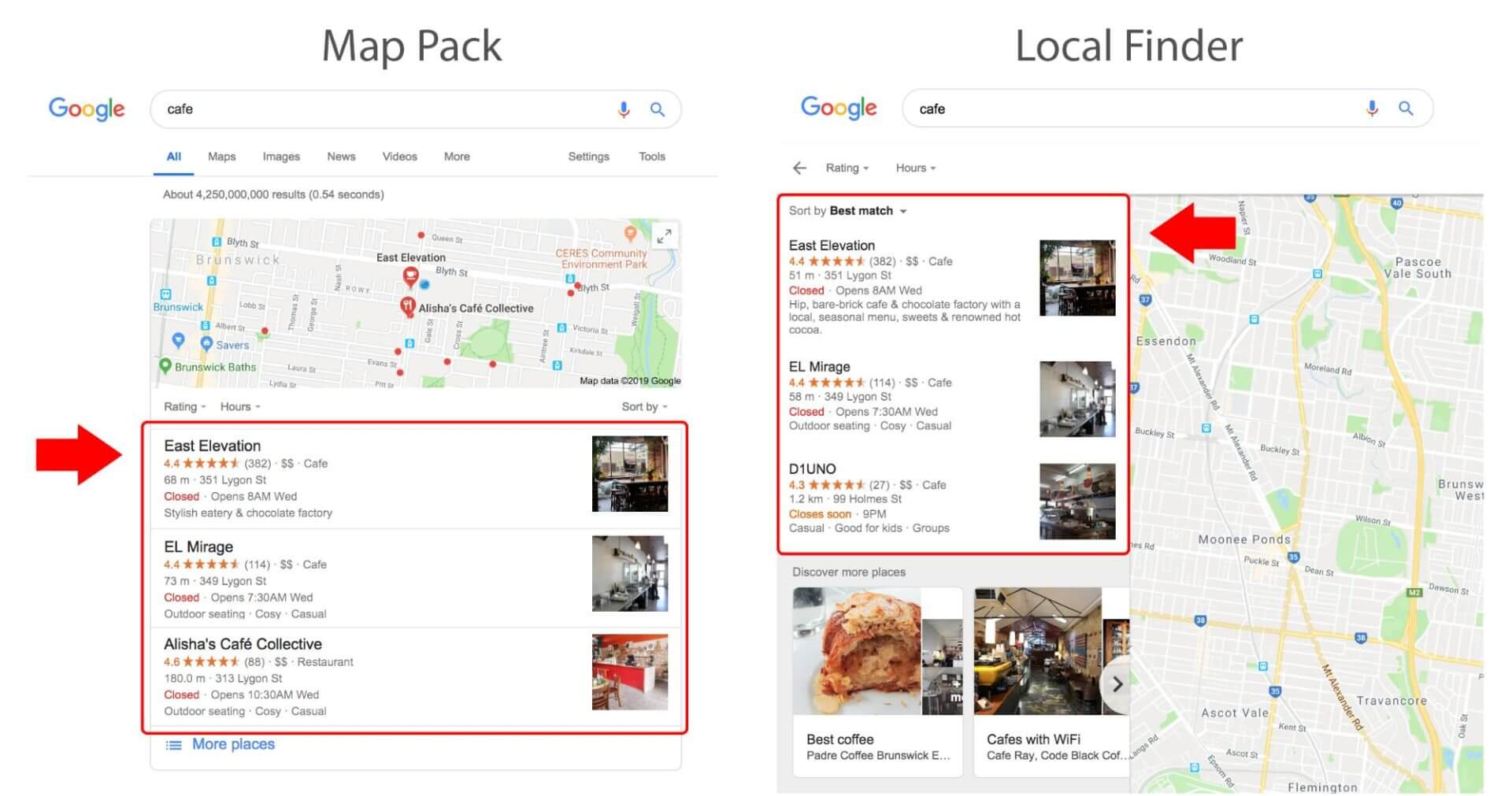6 min to read
How to leverage Local SEO in 2023?

Local SEO
Local search is extremely effective for small businesses: 46% of all Google searches are for local information. If your company isn't optimised for local search, you could be missing out on potential customers in your area. In short, if you want your business to remain relevant, local SEO is essential.
In this Local SEO comprehensive guide, we’ll share the top 10 strategies to implement to rank higher in local searches. Let’s walk through the guide.
CodeDesign is a leading digital marketing agency ranked #1 in Lisbon, Portugal. You could work with us to accelerate your business growth.
What is local SEO?

What is Local SEO?
Local SEO is the process of increasing search engine visibility for small businesses for local queries. Businesses can boost organic traffic from searches conducted by customers in nearby areas by adhering to local SEO best practices.
To gather information for local search, search engines rely on signals such as local content, social profile pages, links, and citations to deliver the most relevant local results to the user.
Businesses can use local SEO to position their services and products in front of local prospects and customers who are looking for them.
According to Google:
1. Location-based searches account for 30% of all mobile searches.
2. 78% of people who use their phones to look up local businesses visit them within a day.
3. In response to local searches, 28% of people make a purchase.
In other words, customers are looking for your company. You're leaving money on the table if you're not ranking in the top search pages.
How Local SEO works?
Google displays two types of search results for local searches. These are "map pack" and "blue link" organic results. You can rank on both of them.
Map pack results

The map pack (also known as the local pack) is a Google SERP feature that displays the top local business listings together with a map. For local searches, it frequently appears at the very top of Google's search results.
Organic search results
The "regular" organic search results are the well-known "~10 blue links." They are usually displayed beneath the "map pack" results.
10 Local SEO marketing strategies
Design a mobile-friendly website.
Local and mobile search are inextricably linked (61% of all Google searches are conducted on mobile).
People will use your site in a mobile environment to look up reviews, find directions to your location, and search for contact information, among other things. In fact, mobile "near me" searches have increased 250% since 2017.
Make your website mobile-friendly for your prospects and customers.
Optimize for Google My Business.
Google My Business has emerged as the pinnacle of local search. Google My Business is an ideal tool for helping your business meet Google's needs because Google generously supports, verifies, and shares its own content.
To make sure you're ready for Google My Business, you should do the following:
1. Make a Google My Business page and verify it.
2. Within your account, use Google Posts.
3. Encourage your customers to leave online reviews.
4. Respond to reviews authentically, including your location.
If Google can authenticate your business, the search engine may reward you with a coveted sidebar space in Google's local search. You improve the experience for potential customers by having reviews and keeping your contact information and operating hours up to date.
Use social media to interact and post to Google My Business.
Google now places a greater emphasis than ever before on social media content.
Sharing your stunning Google My Business page on social media will further integrate search and social media.
Ensure your name, address, and phone number are consistent online.
You must set up your NAP in order to make it simple for people and search engines to find you.
In local SEO, what does NAP stand for?
The letters NAP stand for a company's name, address, and phone number (including area code). For Google to display your NAP more accurately in location-based search results, it should be regarded as crawlable HTML text on your website.
Don't make the mistake of only including the NAP in an image; unlike HTML text, images cannot be crawled by search engines.
The header or footer of the website is the most typical location for the NAP. Additionally, you ought to include your NAP on a “Contact Us” page, too.
Add location pages to your website.
Create location pages if you have more than one physical location. Readers can find your name, address, phone number, store hours, unique store descriptions, parking/transit information, promotions, and customer testimonials on location pages.
You should also avoid duplicating content on different location pages. Create a locally descriptive About Us page for single-location businesses. You can even get bonus points if you include a Google Map on your website's location page.
Optimize the content, URL, headers, meta descriptions, and title tags.
When it comes to content, every new blog post is a chance to have your website get indexed, target a local search term, and appear higher in search engine results pages (SERPs).
The URL, title, header, meta description, and body of every piece of content you create need to be optimised for search engines by using high-volume keywords. If you're struggling to come up with geo-targeted content, think about showcasing case studies and customer success stories.
Generate local content.
Google is becoming smarter, which means that content creators can now write more for users and less for search engines. While writing about general topics will draw a large audience, it is sometimes more important to narrow your focus and write about local or industry news to attract a local audience.
Promote local industry gatherings, news, employees, and other educational content on your blog to become the local authority for your industry. Consider top-of-funnel content that goes beyond what your company sells.
Conduct a local SEO audit.
It may be tempting to put your foot on the brake once you've mastered the fundamentals. SEO, on the other hand, is a continuous and intuitive process. Instead of stopping there or simply making changes and seeing what sticks, it's a good idea to conduct a thorough audit to see where your website stands and what you need to work on to meet your objectives. The following things may be included in a local SEO audit:
1. Google My Business Audit - How does your Google My Business appear in the search engine results pages? Is the information correct?
2. Google Search Console Audit - Is your site crawlable? Is it free of errors that would make indexing difficult?
3. On-Page SEO Audit - Does your website include all of the on-page SEO elements that aid in ranking?
4. Citation Audit – Are all of your citations in the top business directories correct?
5. Competitor Analysis - How does your site compare to the competition's? Are there any gaps that need to be filled? In terms of inbound links, content, design, and positioning, how do you compare?
6. Website Audit - How effective is your website?
Boost the internal linking on your website.
Although adding external links to your website is crucial, improving your internal linking structure will also help your SEO rankings.
Why are internal links important? It performs the subsequent:
- It assists with website navigation
- It provides assistance with website hierarchy and information architecture
- Also, it distributes page authority and ranking power among pages
Get authoritative and relevant inbound links.
Every inbound link tells Google you're a legitimate business, and inbound links can also increase your domain authority. Inbound links are compelling opportunities to improve your local SEO. Here are some methods for obtaining inbound links:
- Partnerships or Sponsorships
- Guest Blog Posting
Consider hosting a community event, sponsoring a webinar or meet-up, promoting a local cause you care about, and cultivating connections with influential individuals. Additionally, develop the confidence to ask potential partners to list you on their partner directory. Furthermore, guest blogging can help draw links.
Bottom line
Local SEO is an essential component of any SEO strategy for small businesses. If you have a storefront or service area, local SEO will help your audience find you when they search online.

About Bruno GavinoBruno Gavino is the CEO and partner of Codedesign, a digital marketing agency with a strong international presence. Based in Lisbon, Portugal, with offices in Boston, Singapore, and Manchester (UK) Codedesign has been recognized as one of the top interactive agencies and eCommerce agencies. Awarded Top B2B Company in Europe and Top B2C company in retail, Codedesign aims to foster personal relationships with clients and create a positive work environment for its team. He emphasizes the need for digital agencies to focus on data optimization and performance to meet the increasingly results-driven demands of clients. His experience in digital marketing, combined with a unique background that includes engineering and data, contributes to his effective and multifaceted leadership style. |

About CodedesignCodedesign is a digital marketing agency with a strong multicultural and international presence, offering expert services in digital marketing. Our digital agency in Lisbon, Boston, and Manchester enables us to provide market-ready strategies that suit a wide range of clients across the globe (both B2B and B2C). We specialize in creating impactful online experiences, focusing on making your digital presence strong and efficient. Our approach is straightforward and effective, ensuring that every client receives a personalized service that truly meets their needs. Our digital agency is committed to using the latest data and technology to help your business stand out. Whether you're looking to increase your online visibility, connect better with your audience, get more leads, or grow your online sales. For more information, read our Digital Strategy Blog or to start your journey with us, please feel free to contact us. |
CodeDesign is leading:
- Digital Agency
- Digital Marketing Agency
- Digital Ecommerce Agency
- Amazon Marketing Agency
Feel free to contact us to see the unprecedented growth of your business.

Add comment ×